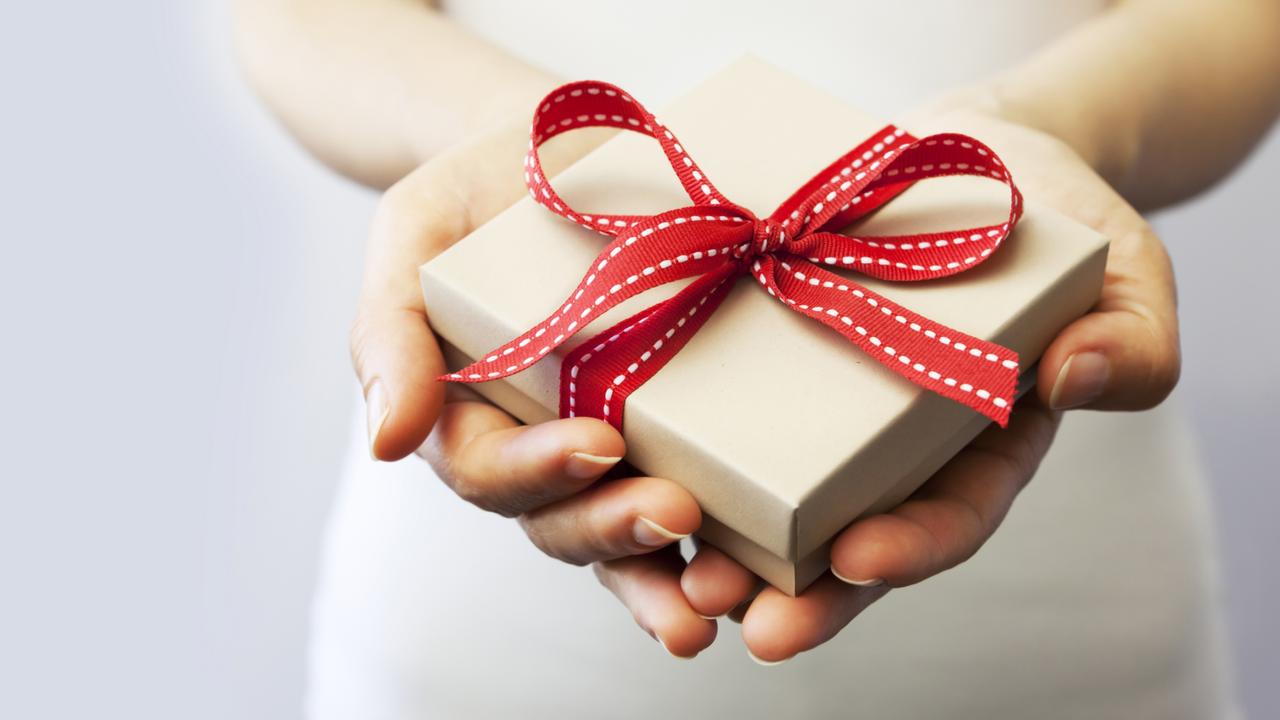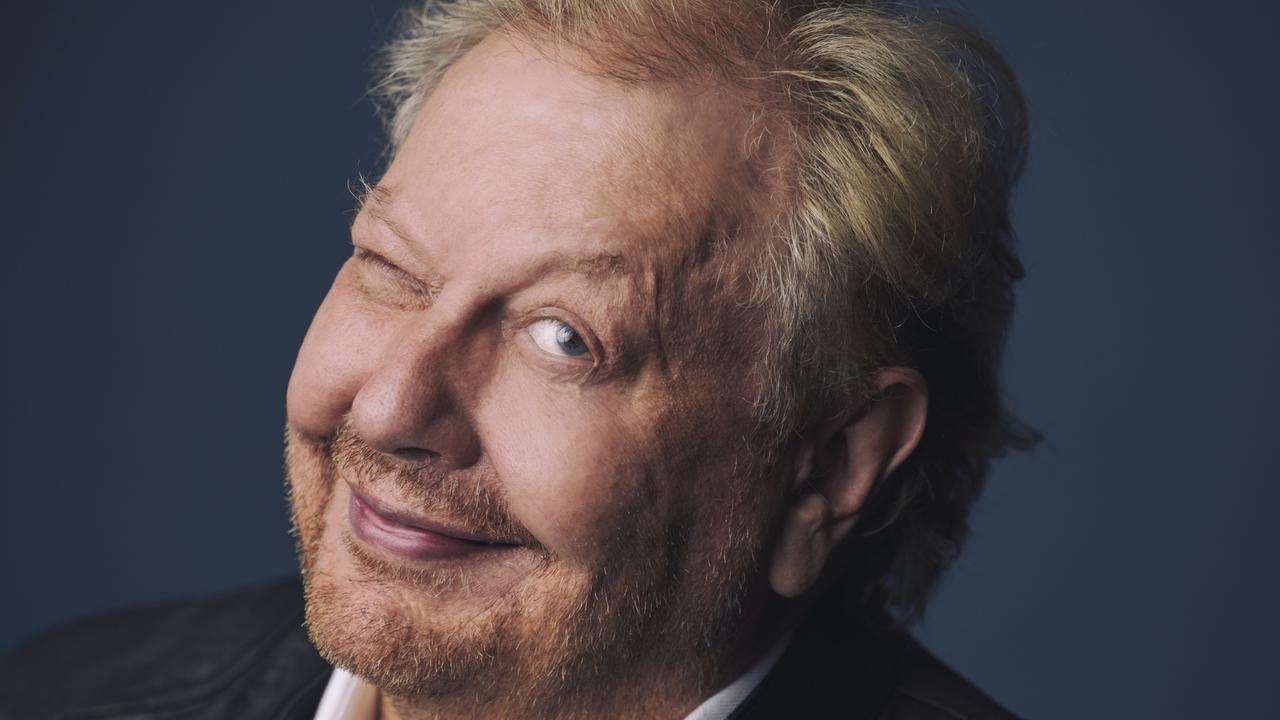More money for COVIDSafe app
The company which developed the COVIDSafe and coronavirus information apps is receiving millions more.
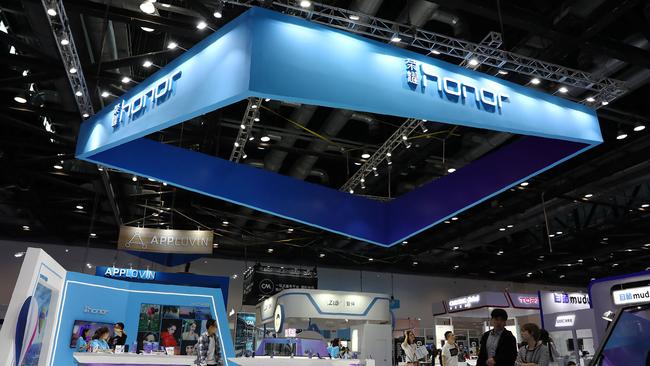
Hello and welcome to The Download, The Australian’s technology blog for the latest tech news.
Chris Griffith 2.40pm: Delv snares almost $4m more for COVIDSafe app development
Technology solutions provider Delv has snared almost $4 million more for developing the federal government’s COVIDSafe and coronavirus information apps.
Delv’s contract has been amended twice since the original $1.84 million allocation in March 2020. On April 30 Delv was awarded another $528,000 to bring the contract to $2,376,000 while on November 10 the total was changed again to $6,069,929. The increased payments were awarded through the Federal Government’s Digital Transformation Agency.
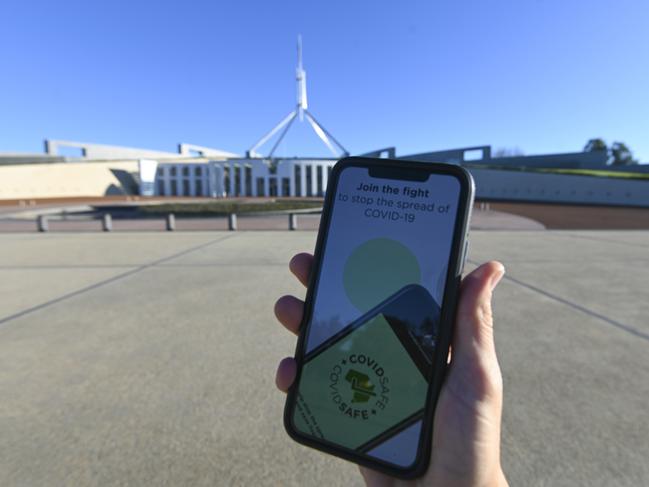
The Federal Government of recent times hasn’t been promoting the COVIDSafe app as heavily as it did at the start of the pandemic when Prime Minister Scott Morrison flagged the app as an essential pillar in Australia’s fight against coronavirus. The app enjoyed only limited success in tracing COVID-19 cases.
However, a spokesperson for Minister for Government Services Stuart Robert said the app definitely was still in use. “In March 2020, the Department of Health assessed our internal capability to develop the Coronavirus Australia Mobile Application,” the spokesperson said.
“Health engaged Delv following Whole of Government procurement guidelines using the DTA’s Digital Market Place for the development of the Coronavirus Australia App under contract CN-3671937”, adding that “Health’s engagement of Delv was an internal departmental decision.”
But why almost $4 million more now?
A spokesperson for the Digital Transformation Agency said Delv was engaged to support numerous activities as part of the Government’s COVID-19 response. “COVIDSafe represents one of these activities only and therefore the value of the contract is not representative of funds allocated to COVIDSafe,” the agency said. “Delv provided testing services for COVIDSafe to support the ongoing development of the app.”
When asked what the other activities were, the DTA replied a second time. “In addition to COVIDSafe, Delv were engaged for development, testing and support services for the Coronavirus Australia app which was launched on the 28th of March 2020.
“The recent contract change provides additional testing services to support the ongoing development of COVIDSafe.”
So it seems the COVIDSafe app is still under development. The Government meanwhile is still bullish about its performance.
Mr Robert’s spokesperson earlier told The Australian that the app had identified 17 contacts not identified through manual contact tracing and hundreds from a previously unrecognised date at a venue in NSW.
“This resulted in the identification of an additional 544 contacts, with two people presenting for testing and subsequently confirmed to have COVID-19.”
Chris Griffith 10.55am: Huawei sells Honor phone brand
Embattled phone maker and telecommunications giant Huawei says it will sell its Honor line of phones, which it describes as its leading brand of smartphones. These are mid-range phones that sell to younger consumers. The company has faced headwinds from the US government which has banned both its 5G equipment, and US companies dealing with it to sell components and software.
Huawei explained its sell-off move in a statement issued yesterday.
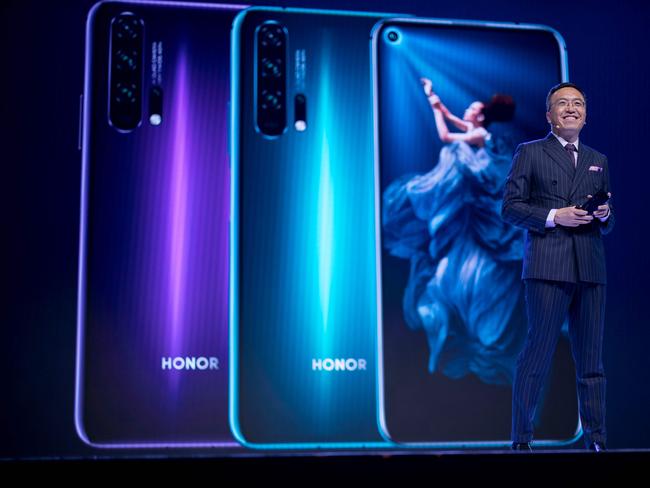
“Huawei‘s consumer business has been under tremendous pressure as of late,” the statement reads. “This has been due to a persistent unavailability of technical elements needed for our mobile phone business. Huawei Investment & Holding Co., Ltd. has thus decided to sell all of its Honor business assets to Shenzhen Zhixin New Information Technology Co., Ltd. This sale will help Honor’s channel sellers and suppliers make it through this difficult time.
“Once the sale is complete, Huawei will not hold any shares or be involved in any business management or decision-making activities in the new Honor company.
“This move has been made by Honor‘s industry chain to ensure its own survival. Over 30 agents and dealers of the Honor brand first proposed this acquisition.
“Since its creation in 2013, the Honor brand has focused on the youth market by offering phones in the low- to mid-end price range. During these past seven years, Honor has developed into a smartphone brand that ships over 70 million units annually.”
The full statement can be viewed here.
Chris Griffith 10.25am: NewsGuard publishes “election misinformation tracking centre”
Online news tracking site NewsGuard has had a busy time during the pandemic hunting out websites that publish false and dangerous health information.
It has now published a US Election Misinformation Tracking Centre of more than 100 sites that contain what it says are false reports. this may seem somewhat after-the-fact, given the US election was a fortnight ago. However, with President Donald Trump still contesting the outcome, and with his supporters fired up, it remains a live issue.
“Despite the fact that Americans cast their ballot two weeks ago, new claims continue to emerge daily rooted in the false narrative of massive fraud,” said Gabby Deutch, the Election Misinformation Tracking Centre‘s co-ordinator and NewsGuard’s Washington correspondent.
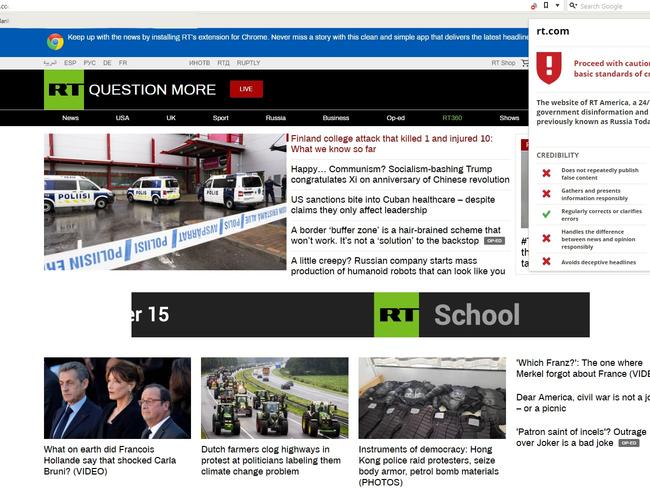
“Misinformation about the election has not gone away or decreased since the results of the election were determined — in fact, we are adding new misinformation publishers to the site daily, signalling the wide reach of these false claims and the accelerating efforts of those spreading them.
“These are sites spreading misinformation about the election process itself,” she added. “The list does not include websites that might be spreading misinformation about any candidates on either side of the aisle.”
Can you trust NewsGuard to tell the truth? Maybe in 2020, the question is do you trust anyone at all? NewsGuard says it assesses claims based on checking the facts and seeking the truth and categorises news sources as “green” or “red” depending on whether they regard it as a trusted source. You can install its plug-in on your browser.
9.20am: Amazon launches online pharmacy
Amazon said Tuesday customers can buy prescription medications through a new store on its platform, a move that comes as more people grow increasingly accustomed to shopping online.
The news weighed on shares of other drugstore companies Tuesday before the market opened. Shares of CVS Health Corp. were down 8.5pc premarket, while shares of Walgreens Boots Alliance Inc. were off 11.2pc. Shares of Amazon were up 2.4pc.
“As more and more people look to complete everyday errands from home, pharmacy is an important and needed addition to the Amazon online store, ” Amazon Senior Vice President of North American Consumer, Doug Herrington, said in prepared remarks.
Amazon’s net sales jumped 37pc in the third quarter, topping $US96 billion. Amazon said Amazon Pharmacy customers will still need a prescription for medicines from their healthcare provider. The service also doesn’t deliver certain controlled medications, which encompasses many opioids, Amazon said.
The company also said that customers can add their insurance information. Members of its Amazon Prime service will be able to save money paying for medications without health insurance. When not paying with insurance, Prime members can save as much as 80pc on generic medications, the company said. They can save as much as 40pc off name brands.
In 2018, Amazon bought online pharmacy PillPack for roughly $US1 billion, giving it the ability to fill prescriptions around the country.

